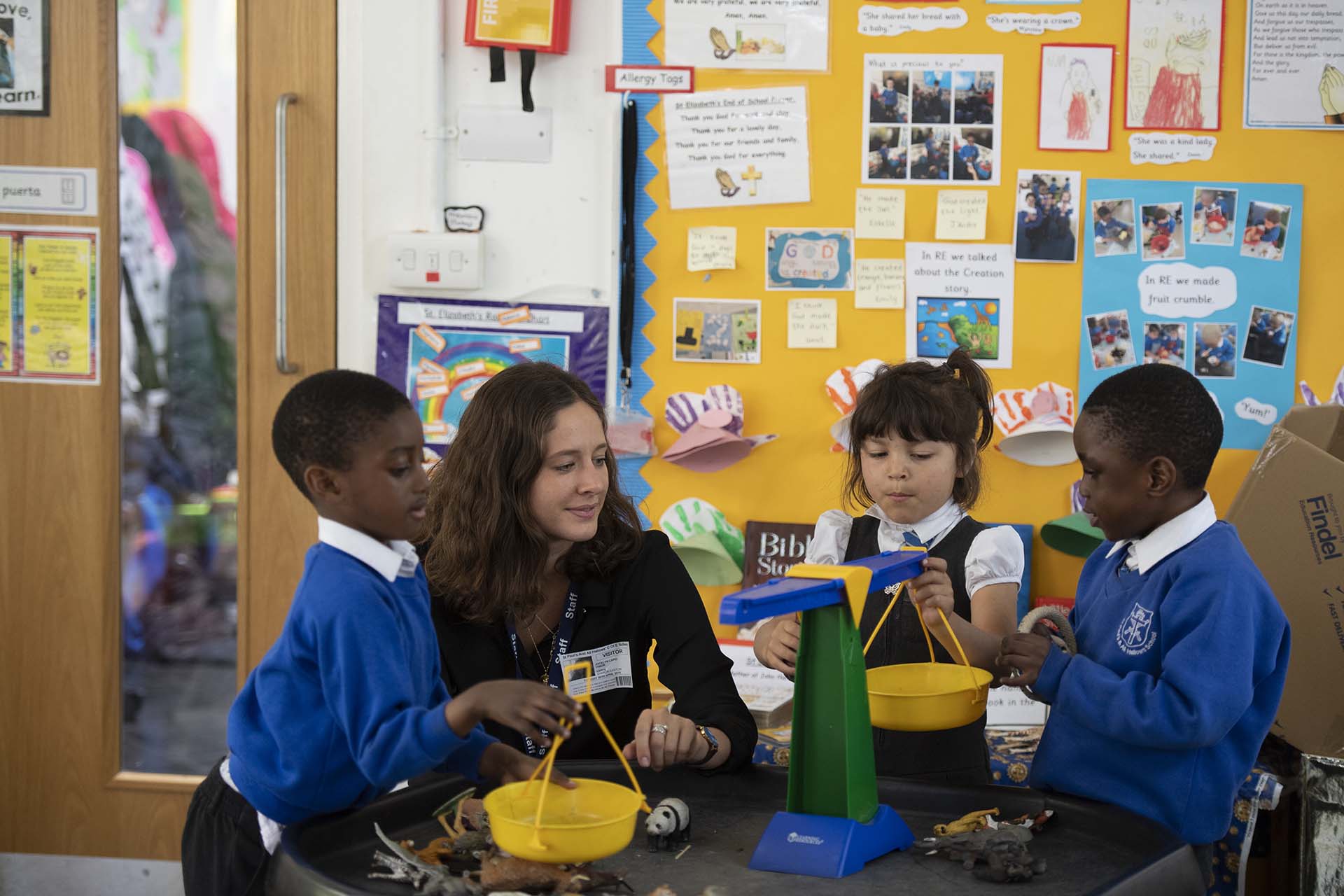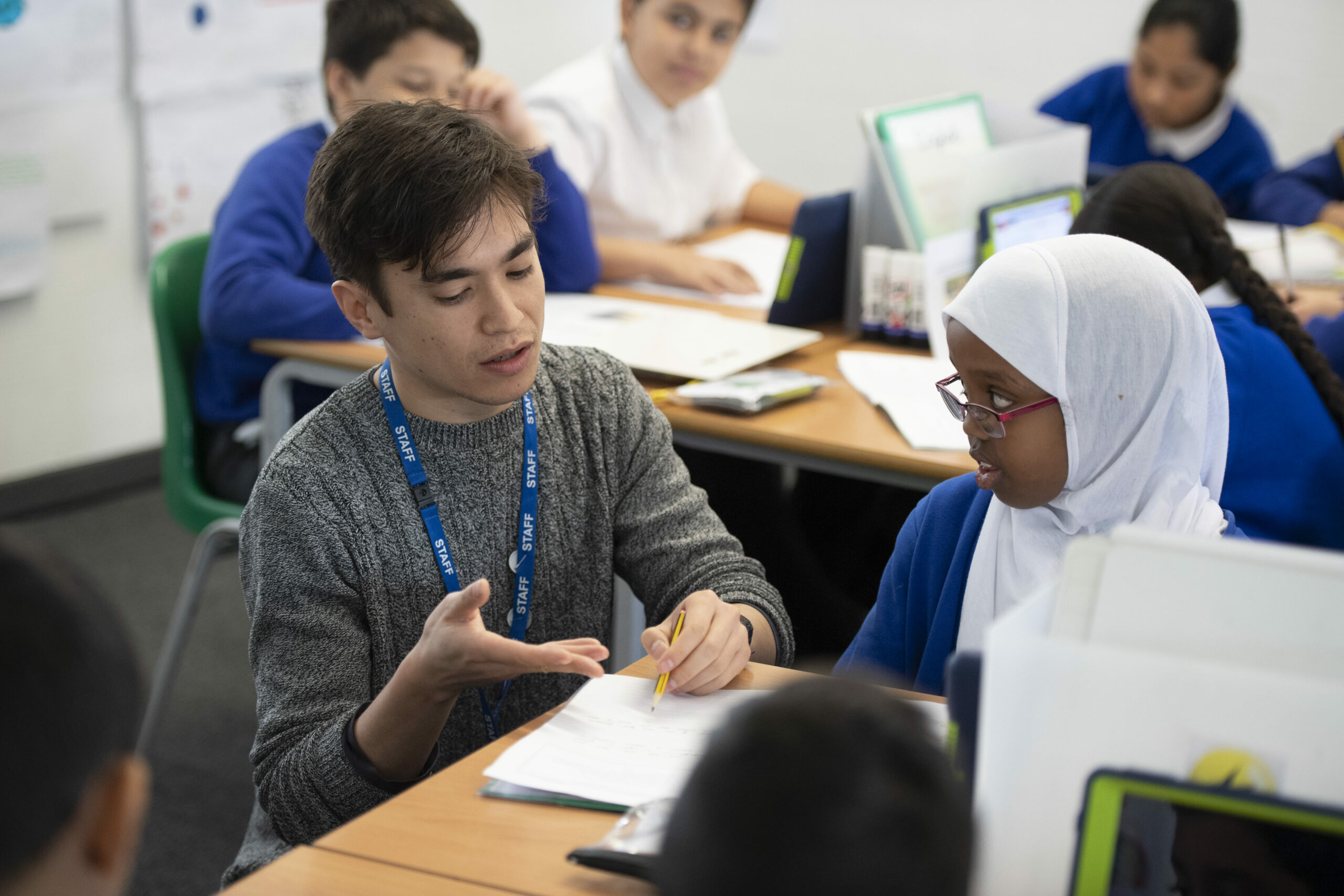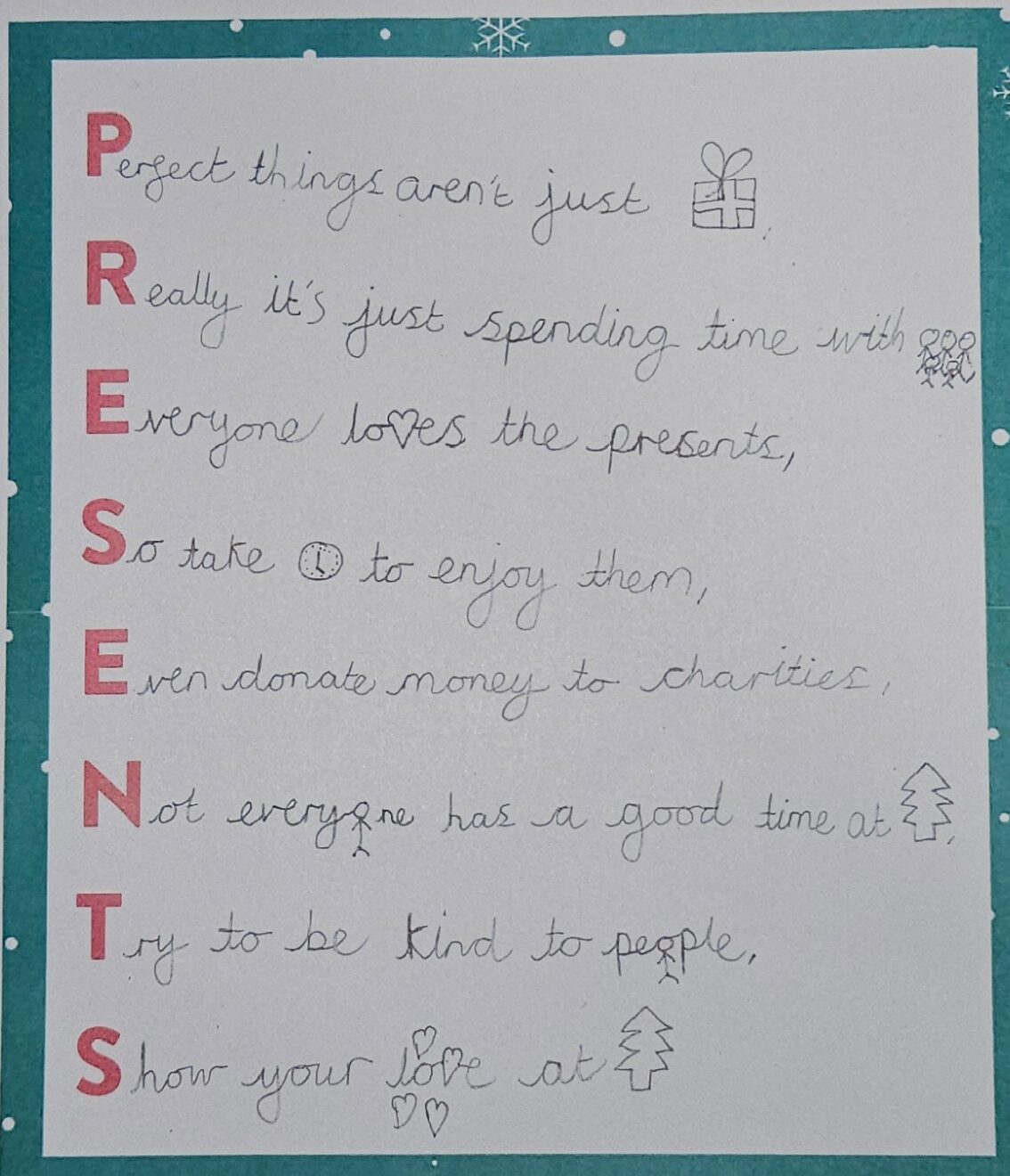In a world where social media has been linked to depression & increased anxiety, there has been a new campaign launched ahead of World Mental Health Day 2022, which was on Monday 10 October. The Every Mind Matters campaign urges people to be kind to their mind.
As the winter nears and the days get shorter, our regular routines can be disrupted, so it’s a great time to remind ourselves of the basics.
- Connect with other people
- Be physically active
- Practice mindfulness
- Find a new hobby
- Be kind to others
However, the most at-risk category is children between the ages of 8 and 18. A recent study has highlighted an increase in the amount of pressure that children put on themselves to be perfect.
Any great teacher will tell you that teaching isn’t just about delivering lessons, it’s about being a part of the development of students and helping them on their journey to success. But further than that, it is about empowering them to motivate themselves to work harder, achieve their full potential and thrive. It’s about getting pupils to try their best, and progress, but not about perfection.
From a child’s perspective, school life can often feel like a world of rules, being told what to do. That pressure now comes second to what kids feel from social media.
The NSPCC have commented on the risks of social media which include oversharing, sharing their location, talking to people they don’t know, sending or receiving inappropriate messages, having an unrealistic sense of reality or body image, obsessive focus on likes or shares, and bullying or cyberbullying “trolls”.
Set social media rules
To help your kids to use social media safely, it’s important to set boundaries. If your child understands the risks of social media, they are far more likely to follow the rules that you set. Here are a few general ground rules that you might inspire your own rules:
- If they are talking to new people online, these should be appropriate conversations with people in their age group. Chat with them about who they are chatting to and how they know them
- Ensure that your child is only using age-appropriate social media platforms. Get to know the age ratings and features of the apps, as most sites like Facebook and TikTok etc have set age restrictions
- Limit the amount of time your child spends on social media platforms
- Encourage your children to think carefully before they post as they don’t want to post anything that they’ll regret later or post anything unkind to others
- Explain to your child that you will follow and monitor their social media accounts, but this is only to keep them safe
- Review their location settings and explain why they shouldn’t share their location
- Get to know & explore their safety and privacy settings to decide if it’s right for your child. Help them to set up private accounts, so that their information is only shared with their online friends
- Set a good example. Talk to your children about the positive ways that you use social media. Share your experiences and help them to develop a healthy mindset. If there are things you don’t like about social media, talk about this too. Having an honest conversation will help you to support your child with their online experiences
- Invite them to talk about what they enjoy about these apps and anything that concerns them. Talking about feelings is a great way to help them to understand that they are safe and supported
- Remind them to be conscious of who they’re sharing personal information with and not to share information with people they haven’t met before
Having an open and honest discussion with your children is the best way forward. Create a safe environment where children feel empowered to share their views and participate in open discussions about their feelings. Without the right precautions, social media can be a toxic place for kids.
Other Posts...

The Power of Positivity in the Classroom: Unlocking Potential for Success
17th February 2025
Read More




